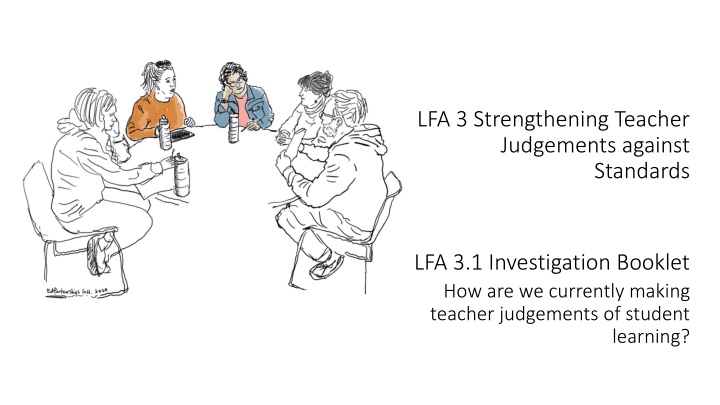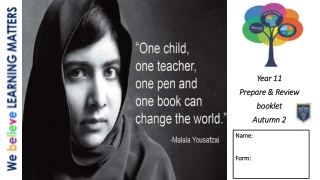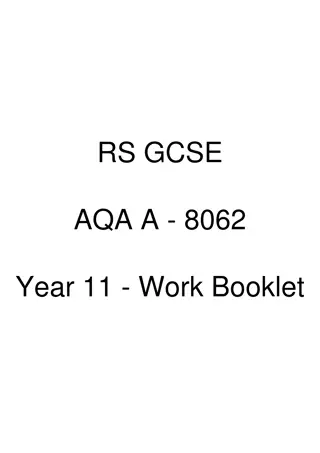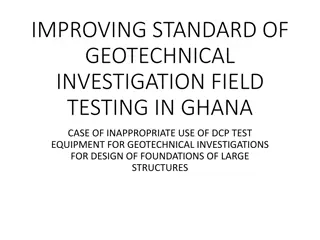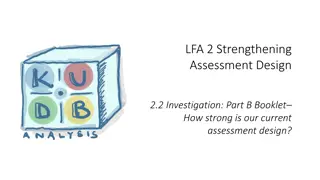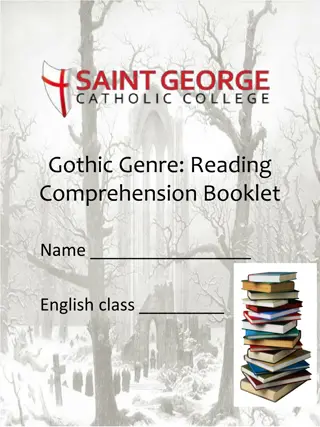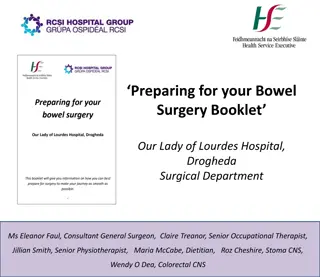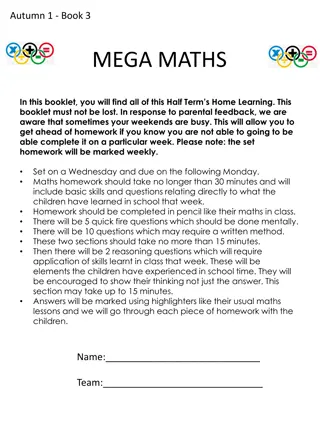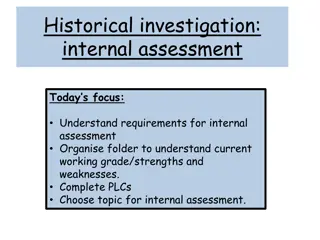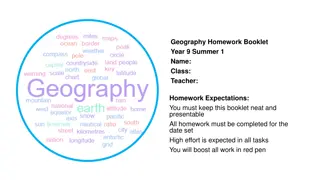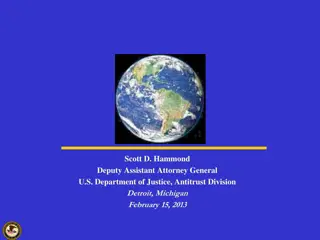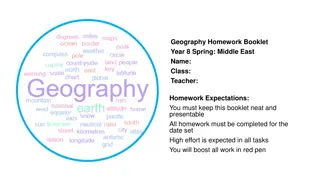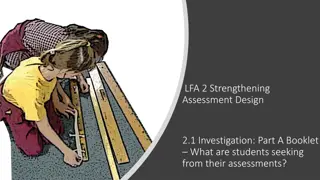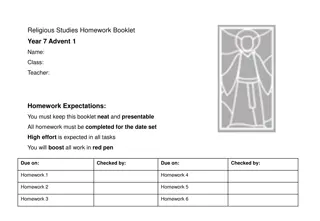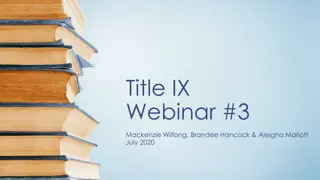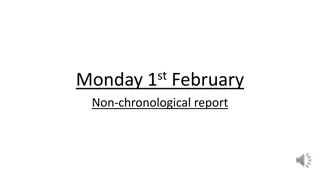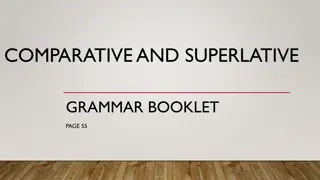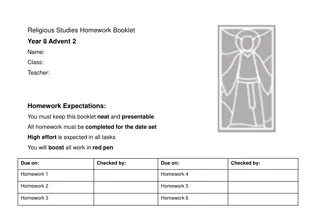Strengthening Teacher Judgements Against Standards - Investigation Process
The Investigation Process outlined in the booklet focuses on how teacher judgements of student learning are currently being made. It involves forming an Investigation Team, conducting Focus Group Conversations, recording notes, and synthesizing findings to enhance accuracy in assessments. The process encourages collaboration, reflection, and professional learning to improve the quality of teacher judgements and thereby benefit student outcomes.
Download Presentation

Please find below an Image/Link to download the presentation.
The content on the website is provided AS IS for your information and personal use only. It may not be sold, licensed, or shared on other websites without obtaining consent from the author.If you encounter any issues during the download, it is possible that the publisher has removed the file from their server.
You are allowed to download the files provided on this website for personal or commercial use, subject to the condition that they are used lawfully. All files are the property of their respective owners.
The content on the website is provided AS IS for your information and personal use only. It may not be sold, licensed, or shared on other websites without obtaining consent from the author.
E N D
Presentation Transcript
LFA 3 Strengthening Teacher Judgements against Standards LFA 3.1 Investigation Booklet How are we currently making teacher judgements of student learning?
LFA 3.1 Investigation Contents LFA 3.1 Investigation: How are we currently making teacher LFA 3.1 Investigation: How are we currently making teacher judgements of student learning? judgements of student learning? Contents of this booklet: Contents of this booklet: 1. An overview of LFA 3.1 Investigation ... page 2 2. Guides and scaffolds to support each part of the investigation WORKSHOP 1 Guiding questions for the LFA 3.1 Investigation page 4 A note-taking scaffold for Focus Group Recorders .. pages 5-6 WORKSHOP 2 An analysis and synthesis template to document what has been learned from each Focus Group Learning Conversation . . page 8 2
LFA 3.1 Investigation Overview LFA 3.1 Investigation LFA 3.1 Investigation - - Overview Overview 1. 1. The Investigation Team (1 school leadership member and 4 The Investigation Team (1 school leadership member and 4- -5 teacher leaders) in participating in this professional learning investigation. Ensure there is a diverse mix of experiences and perspectives. 5 teacher leaders) identify 6-8 teacher colleagues interested 2. 2. The Investigation Team The Investigation Team then: look through the guiding questions on page 4 the team aim to learn page 4 and chooses/refines/creates the questions that will best reveal what split the group of 6-8 teachers in two focus groups (3 or 4 per group) allocate two members of the Investigation Team with each focus group, one to lead the conversation, one to document. 2. 2. Investigation Team members who are leading the two Focus Groups Investigation Team members who are leading the two Focus Groups invite teachers to participate, aiming for diverse curriculum and teaching approaches and experience. Conduct the Focus Group Conversations using the guiding questions on page 4 page 4. The recorder makes notes on pages 5 and 6 pages 5 and 6, capturing teacher responses as accurately as possible. 3. 3. Recorders Recorders make or send copies of their notes to the investigation team. 4. 4. The Investigation Lead The Investigation Lead reconvenes the Investigation Team to make sense of the evidence from the two Focus groups using the Synthesis and Analysis Scaffold to record findings on page 8 page 8. 3
LFA 3.1 Investigation Conduct conversations WORKSHOP 1. Question Prompts for LFA 3.1 Investigation WORKSHOP 1. Question Prompts for LFA 3.1 Investigation The following questions are offered as a guide for the investigation team members working with the teachers focus groups feel free to adapt the questions to better suit your local context: When do you think you make your most accurate judgements? What s getting in the way of you making more accurate judgements? What questions do you have about making more accurate judgements? What professional learning and other support would help you get stronger at this? When teacher judgements are more accurate, what else becomes possible? Jot down notes during (or straight after) the conversation. Try to capture as accurately as possible in the voice of your research partners. You may wish to record this conversation on your phone or other device as a back-up or to revisit later. You will have an opportunity to share and collaboratively analyse this with colleagues as part of the research process. 4
LFA 3.1 Investigation Record Conversations WORKSHOP 1 (cont.). Note Taking Template for LFA 3.1 Investigation WORKSHOP 1 (cont.). Note Taking Template for LFA 3.1 Investigation Learning Conversation with Teachers Learning Conversation with Teachers 1. When did teachers think they made their most accurate judgements? 2. What did teachers identify as getting in the way of making more accurate judgements? 3. What questions were on their mind in relation to making more accurate judgements? 4. What professional learning and other support do they think they need to get stronger at this? 5
LFA 3.1 Investigation Record Conversations WORKSHOP 1 (cont.). Note Taking Template for LFA 3.1 Investigation WORKSHOP 1 (cont.). Note Taking Template for LFA 3.1 Investigation Learning Conversation with Teachers (continued) Learning Conversation with Teachers (continued) Responses the Focus Group: When teacher judgements are more accurate, what else becomes possible? 6
WORKSHOP 2. Analysis and Synthesis WORKSHOP 2. Analysis and Synthesis Making Sense of our Evidence Making Sense of our Evidence 7
LFA 3.1 Investigation Investigation Team Synthesise and Analyse WORKSHOP 2. LFA 3.1 Investigation WORKSHOP 2. LFA 3.1 Investigation - - Synthesis and Analysis Scaffold for Combined Focus Group Conversations Synthesis and Analysis Scaffold for Combined Focus Group Conversations Key ideas /themes that emerged in relation to most accurate judgements? What was the range of teacher capability that was uncovered? What professional learning needs and implications emerged in relation to this? Getting the the way of being more accurate What do teacher responses to what else becomes possible reveal? Teacher Leaders facilitate this process with the teachers who agreed to participate in one of the Focus Groups. 8
